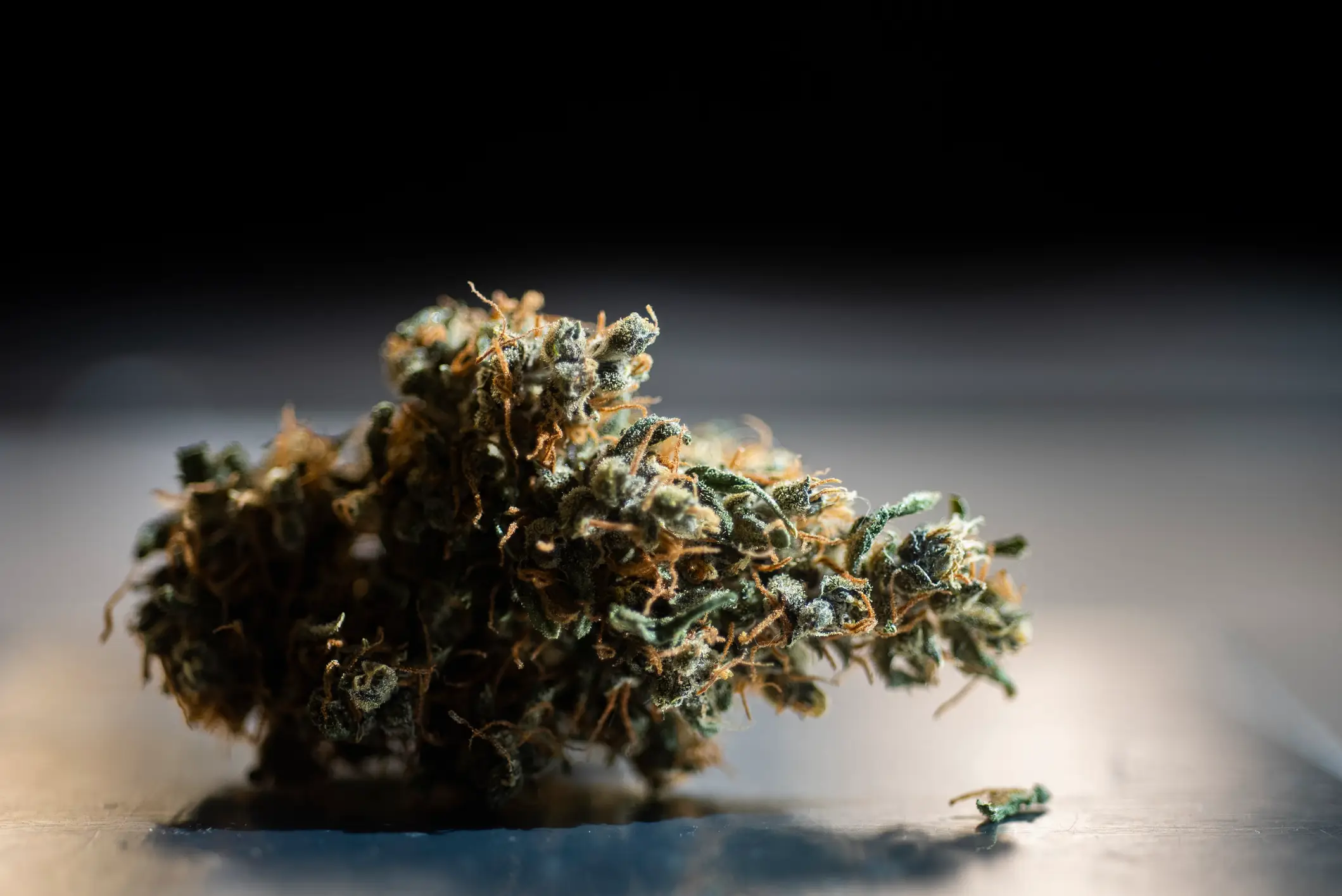
Here is everything we know about the deadly drug 'kush', which has led to British woman Charlotte May Lee being detained in Sri Lanka.
Earlier today, it was revealed the 21-year-old former flight attendant had been arrested after landing in the Sri Lankan capital of Colombo on 12 May and is accused of carrying 46kg of the drug, estimated to be worth £1.2 million, inside vacuum-sealed bags.
If convicted, she could face up to up to 25 years behind bars in a Sri Lankan maximum security prison, which has previously been referred to as a 'hellhole'.
Lee, from Coulsdon, South London, has also spoken out about her detention, telling MailOnline that she is sleeping on a 'concrete floor' and using her jumper as a pillow.
Advert

"I had never seen them [the drugs] before," she told the outlet. "I didn't expect it all when they pulled me over at the airport. I thought it was going to be filled with all my stuff."
The Foreign, Commonwealth and Development Office confirmed on Sunday (18 May) that they 'are supporting a British woman who has been arrested in Sri Lanka and are in contact with her family and the local authorities'.
What is 'kush' made of?
Lee's case hinges around the discovery of 46kg of kush found by airport officials in her luggage.
Kush is classified as a synthetic cannabinoid and contains a mixture of cannabis, fentanyl, tramadol and formaldehyde. According to Metro, the drug is made by spraying synthetic cannabinoids onto a plant leaf.
In some cases, it is also said to contain 'ground-up human bones', however, NPR says that no evidence to support that claim has emerged.

A more potent variant of the drug appeared on the market in 2022, which contained 'synthetic opioids' such as nitazenes.
Research published by Anglia Ruskin university in 2024 added that kush is also cheap to manufacture and purchase.
Explaining the drug's potency, Dr Kars de Bruijne told MailOnline: "It’s an opioid so it’s similar to heroin, but it’s very strong and it’s deadly because even a little more than a milligram too much is able to kill someone."
Where does 'kush' come from?
Kush can be traced to West Africa, where it's believed to have originated in Sierra Leone before spreading to the neighbouring nations of Liberia, Guinea, the Gambia, Guinea-Bissau and Senegal.
Research from Anglia Ruskin adds that cannabis is widely found in Sierra Leone while synthetic ingredients are shipped in from China before it is mixed locally.
Meanwhile, de Bruijne notes that 'pre-made kush' is also being shipped in from European countries such as the UK and the Netherlands.
How dangerous is it to consume 'kush'?
The drug is believed to be extremely dangerous, with researchers from Anglia Ruskin noting that kush is killing around a 'dozen' men in Sierra Leone every week and hospitalising thousands more.
Cannabinoids found in the drug can impact brain functions, while nitazenes can induce euphoria, clumsiness and drowsiness (via The Alcohol and Drug Foundation).
Nitazenes are also highly addictive and can lead to overdose.
Topics: UK News, Drugs, World News